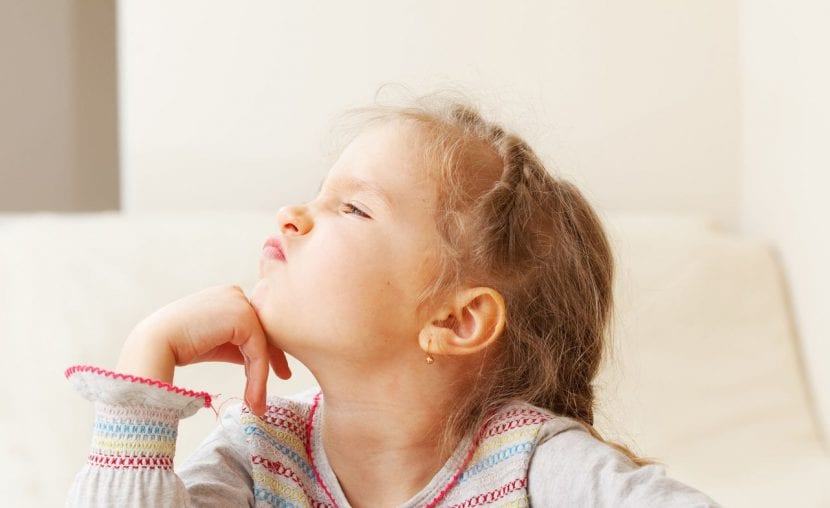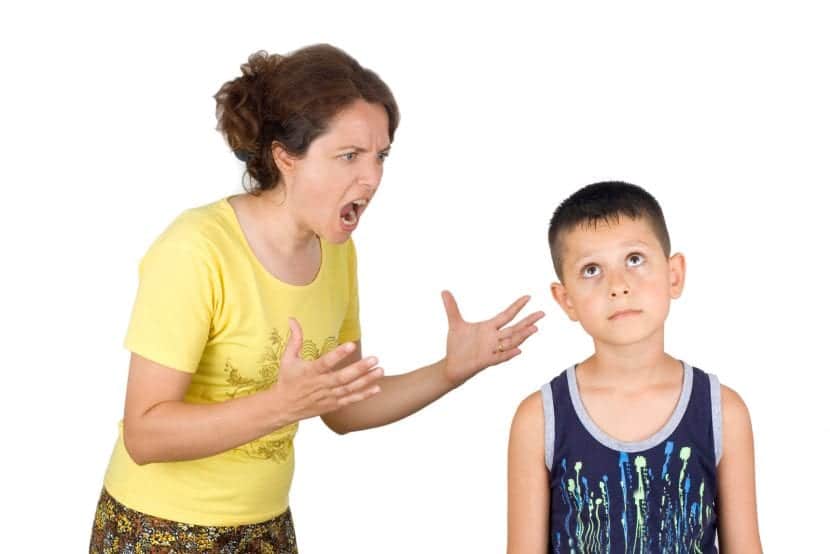
Child psychology is the discipline that studies the integral development of children from birth to adolescence. Thanks to child psychology, the behaviors of children and adolescents can be understood and solutions to problems that may arise in their lives on an emotional or mental level can be sought.
Until not many decades ago, child psychology was a strange concept. During the Middle Ages children were seen as mini versions of adults and their development was not taken into account. They were treated in the same way as adults and this was not correct at all. Childhood is a crucial moment in the life of any person. The experiences that children have, even those that seem insignificant, can have a great impact on life and personality of the little ones, which will affect them throughout their lives, also, when they are adults.
The psychological processes of children differ from those of adults and from one child to another, which is why child psychology is so important. Child psychologists work with children and adolescents to solve problems that can cause emotional problems or behavioral problems, learning disorders, developmental problems, etc. As a father and mother, it is a good idea for you to be informed of everything that has to do with child psychology, because that way you will better understand the development of your children.
Child development
Child development is divided into areas: physical, cognitive and socio-emotional areas:
- Physical development occurs in stable and predictable sequences (changes in the physical body, acquisition of skills such as motor skills, and coordination of gross and fine motor skills).
- Cognitive development and intellectual refers to the processes to obtain knowledge of the environment (language, thought, reasoning and imagination).
- Socio-emotional development. Social and emotional development are interrelated. Learning to relate to others is part of a child's development, while emotional development involves feelings and the expression of emotions. Confidence, fear, trust, pride, friendship and humor are part of the social and emotional development of all people.

Development milestones
Developmental milestones are an important way for psychologists to measure a child's progress in several important areas of development. Essentially, toThey act as benchmarks in a child's development to determine what the average child can do at a particular age.
It is necessary to know this to understand normal development, as long as the rhythm of each child is respected. But developmental milestones are important to be able to identify potential problems with developmental delay. For example, a 12-month-old child can stand up without problems if he grasps something, he can even begin to walk. On the other hand, if an 18-month-old child is still unable to walk, he will need to be evaluated by the experts.
There are four main categories of developmental milestones: physical milestones (gross and fine motor skills), cognitive or mental milestones (thinking and problem-solving skills), social and emotional milestones (emotional and social interaction skills), and communication and language milestones (verbal and non-verbal communication skills ).

Child behavior
All children can have negative behavior at some point and this does not have to be bad for their development. They can be mischievous, defiant, and impulsive, and this is totally normal. Conflicts between parents and children are inevitable at all stages of children's development, it is a normal process in their development. But sometimes, When children have very difficult and challenging behaviors or have some type of behavior disorder, parents can seek help from a child psychologist in order to improve the quality of life at home.
A child never misbehaves for pleasure, there is always something behind that motivates him to behave in this way. Perhaps there is some event that makes you feel emotionally bad or stresses you, such as the birth of a sibling, a divorce, the death of a loved one, etc. When a child is emotionally unwell, they will have hostile, aggressive or disjunctive behaviors for a long time. There may also be conduct disorders that are important to treat so that they do not get worse over time.
A psychologist will try to analyze the child's situation to find the root of the problem behavior affecting brain disorders, genetics, diet, family dynamics, stress, etc.

Emotional health
The emotional health of children is essential for them to have a good integral development. They should understand their emotions and feelings, understand how and why it happens, what they want to tell them, recognize their own emotions and those of others. Emotions are always present in people's lives.
The first emotions that can be recognized in babies include joy, anger, sadness and fear. Later, as children begin to develop a sense of self, more complex emotions emerge such as shyness, surprise, elation, shame, guilt, pride, and empathy. Things that elicit emotional responses also change, as well as the strategies used to manage them.
Children need to learn to understand and regulate their emotions, although this may be easier for some children than others. It is the child psychologist's job to identify the reasons why a child has trouble expressing and regulating their emotions to learn to develop strategies that help you learn to accept feelings and understand the links between feelings and behavior.
Socialization
Social development is closely linked with emotional development. In socialization, values, knowledge and skills are acquired that allow children to interact with others effectively and contribute positively to the family, school and community. Although all of this lasts a lifetime, early childhood is a crucial period of socialization.
Children must learn from within the home skills for conflict resolution, taking turns, negotiating, playing, empathy, achieving goals, etc. Children need to receive large amounts of love and affection from their family. Children who do not socialize properly have difficulty creating and maintaining satisfying relationships with others, a limitation that many carry into adulthood. They need to work on a good development of themselves.